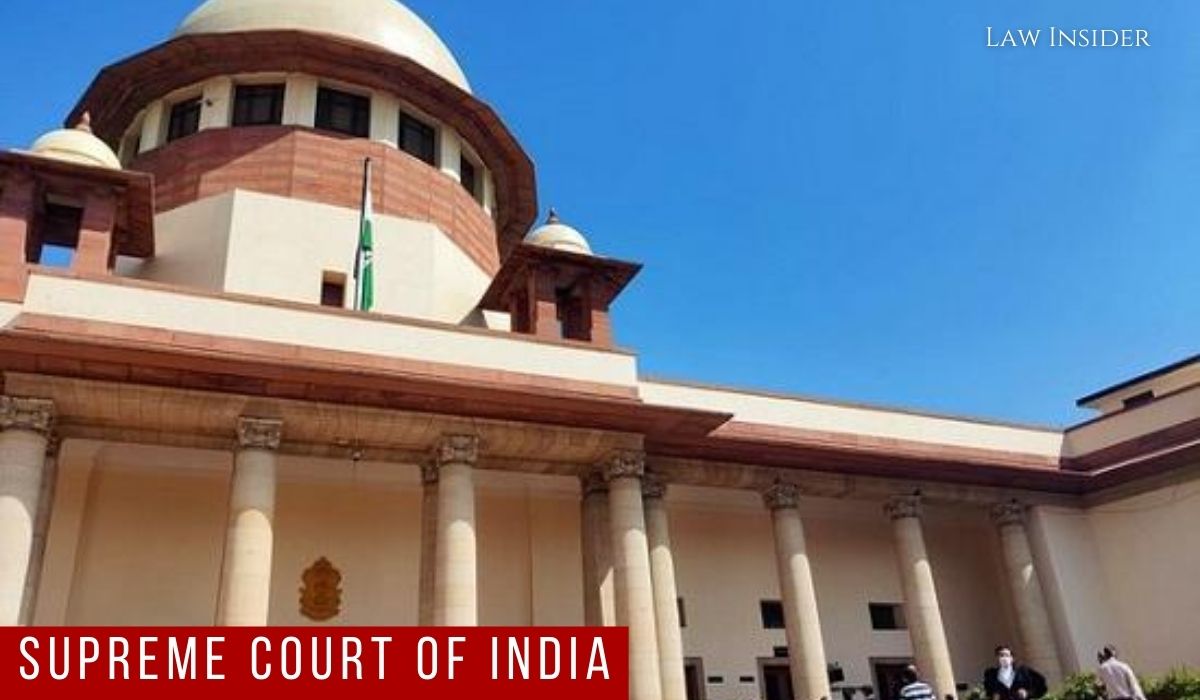LI Network
Published on: 14 August 2023 at 11:40 IST
The Supreme Court has invalidated the directives issued by the Punjab & Haryana High Court concerning the issuance of summons to prosecution witnesses in criminal trials.
The Punjab & Haryana High Court, in its ruling on May 27, 2022, had adopted guidelines outlined by the Madhya Pradesh High Court in the case of Rambahor Saket and others vs State of M.P. (2018), and had reiterated these guidelines as follows:
1. After framing charges against the accused, summons should be issued to eyewitnesses or those witnesses crucial to proving the prosecution’s case.
2. If the initial summons are not served due to various reasons, instead of repeating the same process, the subsequent summons must be delivered through the Superintendent of Police’s office.
3. If the police’s report suggests that witnesses are unreachable or untraceable, and there’s no reasonable expectation of locating them in a timely manner, the trial court must move on to the next set of witnesses.
4. By bypassing a set of witnesses, the court is not excluding their testimony but merely deferring it until the police locate them.
5. If key witnesses cannot be procured promptly, the court should consider examining formal and expert witnesses, if available, and conclude that aspect of the trial before proceeding.
6. The police cannot use reasons of law and order or other functions to justify non-compliance with the court’s orders to secure witness presence.
These guidelines were intended to apply to all courts within the Punjab, Haryana, and Chandigarh territories.
However, on August 8, a Supreme Court bench, comprising Justices S Ravindra Bhat and Aravind Kumar, overturned these directions, noting that such a rigid rule could not be established solely through judicial decree.
Background
The High Court had introduced these guidelines while granting bail to a defendant in a murder case. During the proceedings, the High Court noticed that the Trial Court had invoked Section 82 of the Criminal Procedure Code (CrPC) against two prosecution witnesses who had failed to appear.
The High Court questioned this approach and sought an explanation from the Trial Court.
The High Court observed, “It is surprising that the trial Court has adopted a procedure under Section 82 Cr.P.C. against a witness, though the procedure under Section 82 Cr.P.C. is meant for the appearance of an accused person.”
Additionally, the High Court highlighted that the trial court neglected to consider Section 174 of the Indian Penal Code (IPC), which allows punishment for a witness failing to appear after a public servant’s order.
In the Supreme Court’s review, it was noted that if a person does not appear after a proclamation is issued against them under Section 82 of the CrPC, the corresponding punishment is provided under Section 174-A of the IPC.
Ultimately, the Supreme Court concluded that the earlier order had overlooked vital provisions of the Code of Criminal Procedure and relevant IPC sections.
Therefore, the directives issued to the State and all courts within Punjab, Haryana, and the Union Territory of Chandigarh were nullified.

